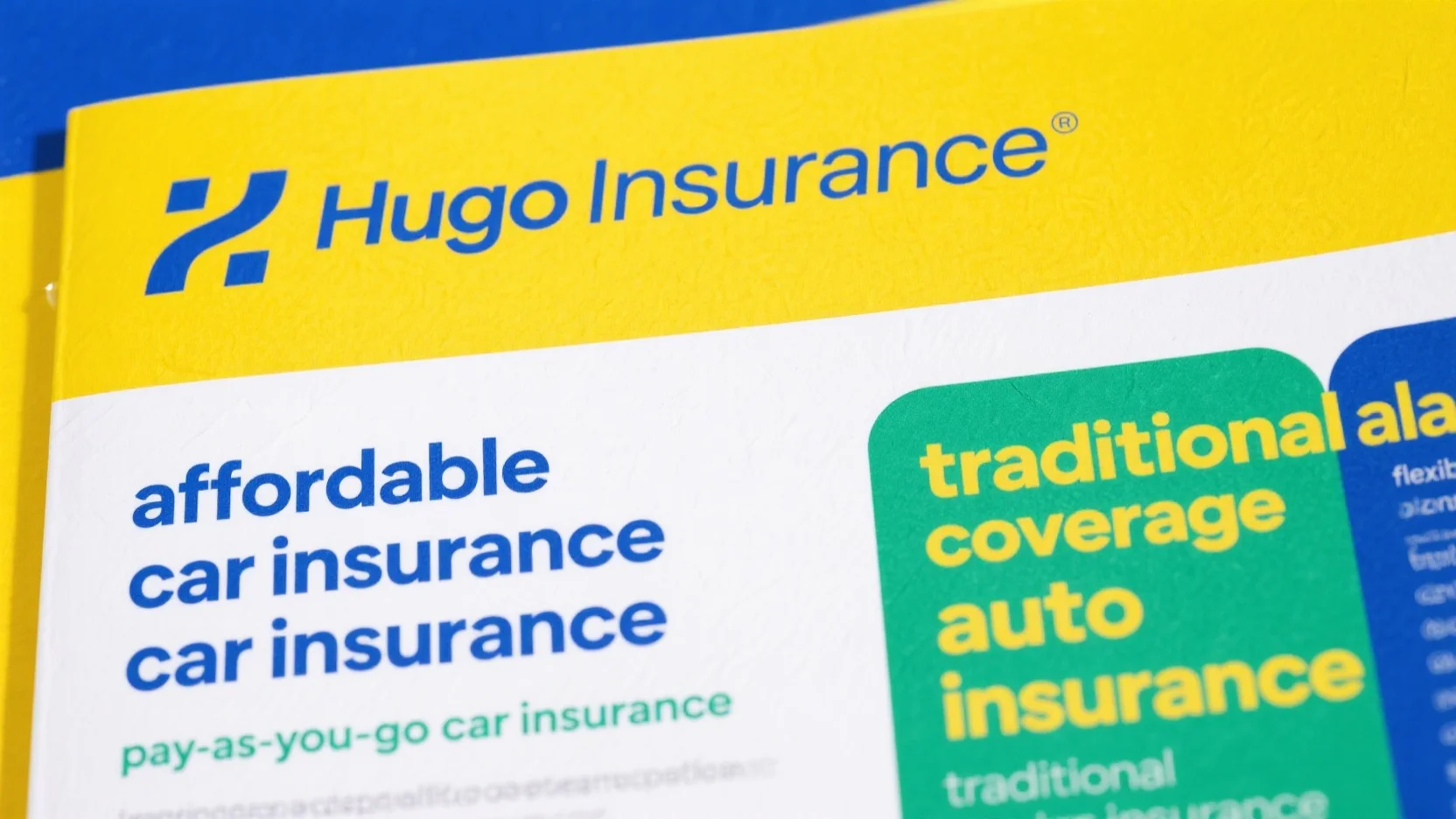
Drivers must have auto insurance to protect themselves financially in case of an accident, theft, or damage. Traditional car insurance has been the standard for a long time, but newer options like Hugo Insurance give people another choice that gives them more freedom. Hugo Insurance has a pay-as-you-go system, which means that drivers can buy coverage in smaller chunks, like daily or weekly plans, instead of signing long-term contracts. This brings up an important question: is Hugo Insurance or regular car insurance better? The answer relies on how you drive, how much money you have, and what kind of coverage you need.
How to Understand Hugo Insurance
People are interested in Hugo Insurance because of the unique way it covers cars. Hugo is different from other insurance companies because customers can start, stop, and restart their plans whenever they want. This type is great for people who only drive part-time, do gig work, or don’t use their cars very often. Hugo users don’t have to pay a set monthly or yearly fee. Instead, they can buy coverage for only the days they drive, so they don’t have to pay when they’re not driving.
One of the best things about Hugo Insurance is that it doesn’t check your credit or require big fees up front. A lot of standard insurance companies base their rates on credit scores, which can make it hard for some drivers to get coverage. Hugo gets rid of this obstacle, making it easier for people who don’t have a lot of money to use.
That being said, Hugo Insurance has some problems. Because it’s only meant to be used for a short time, it might not always be the cheapest choice for drivers who need coverage all the time. People who like security in their insurance policies may also find it inconvenient when their policies are renewed and paused often. Hugo is also not offered in all states, which makes it harder for many drivers to use.
Normal car insurance: how it works
People who have traditional car insurance pay fees every month, every six months, or every yearly to make sure they are covered. These plans are meant to protect drivers for a long time, making sure they are always covered. Liability, accident, comprehensive, uninsured driver, and personal injury protection are some of the different types of policies that traditional insurance give. With this all-around method, drivers are safe financially in a lot of different scenarios.
Consistency is one of the best things about standard car insurance. Once a driver has an insurance, they don’t have to worry about physically starting coverage or updating it. This is especially helpful for people who depend on their cars every day and can’t afford to have their insurance stop. Traditional insurers also often offer savings for safe driving, bundling plans, or keeping coverage in place, which can help keep costs down over time.
But there are some problems with standard car insurance as well. It can be pricey to pay for insurance, especially for people who drive a lot or have bad credit. A lot of insurance companies want big fees or payments up front, which might not be possible for everyone. Also, owners have to keep making payments even if they aren’t using their cars, which may seem pointless to people who only drive rarely.
How Much Does Hugo Insurance Cost Compared to Regular Car Insurance?
When looking at prices, the best pick varies on how often you drive. Hugo Insurance is great for people who don’t use their cars every day because they only pay for coverage when they need it. This can help people save a lot of money, especially part-time drivers, college students, and people who use public transportation a lot.
For full-time drivers, on the other hand, standard car insurance might be a better deal. By paying a set fee, users are guaranteed ongoing coverage and don’t have to worry about keeping track of their insurance status all the time. Traditional insurers also offer savings that can lower total costs, which makes them a better choice for people who drive a lot.
Easy access and adaptability
Hugo Insurance is great when it comes to being flexible. Drivers have full control over their insurance costs because they can stop and start coverage at any time. This is helpful for people who work in the gig economy, like delivery drivers or rideshare drivers, who might not need coverage every day.
Traditional car insurance, on the other hand, protects you without interruptions. Drivers don’t have to worry about starting their plans by hand or missing coverage. For people who like to set their policy and forget about it, this makes standard insurance a better choice.
Choices for coverage and policy details
Hugo Insurance does not offer as many safety choices as traditional car insurance. Different from Hugo, which only offers basic liability coverage, regular insurance offer extra defences like accident, comprehensive, roadside help, and rental car repayment. These benefits can be helpful for drivers who want to protect their money against all kinds of risks.
Hugo Insurance is handy, but it might not cover enough for people who need more comprehensive safety. Traditional insurance is better for people who need to cover damage from things like natural disasters, crime, or theft, for example. Also, some states have basic coverage standards that Hugo’s products might not meet. In these cases, you need traditional insurance to follow the law.
Which One Is Better?
Each person has different reasons for choosing Hugo Insurance over regular car insurance. Hugo is a great choice for part-time drivers, people on a tight budget, or people who only need short-term insurance. Its pay-as-you-go approach and freedom make it a cheap option for people who don’t drive every day.
Traditional car insurance, on the other hand, is better for full-time drivers, families, and people who want full security. There are more service choices, more security, and maybe even savings that make it cheaper in the long run.
In the end, the choice depends on how you drive, how much security you need, and your personal financial situation. Hugo’s plan might appeal to drivers who only need insurance sometimes, but regular auto insurance is probably better for drivers who depend on their cars every day.





